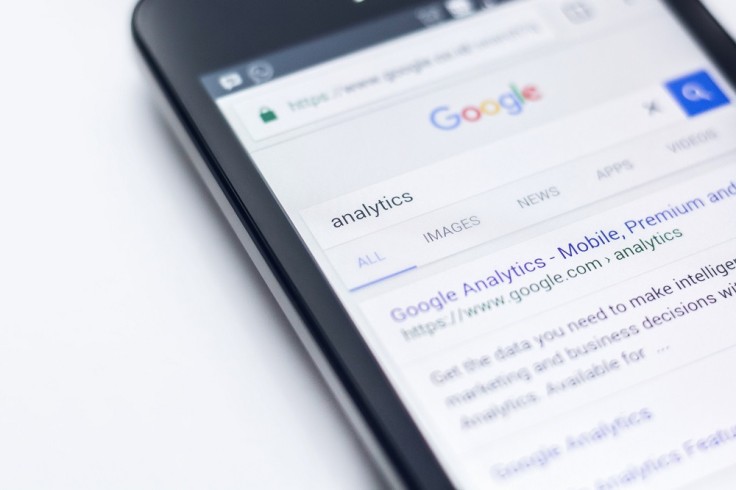
In total, 34 entities have pledged to fight disinformation online in accordance with the European Commission's current Code of Practice guidelines, which were released on Thursday. These entities include Meta, Twitter, Google, Microsoft, and other tech giants and publishers.
Why Did the EU Tighten Its Anti-Disinformation Rules?
When amending the Code of Practice, the European Commission said it took into account the lessons learned from the COVID19 pandemic and Russia's aggression in Ukraine.
Věra Jourová, Vice-President for Values and Transparency, said:
This new anti-disinformation Code comes at a time when Russia is weaponizing disinformation as part of its military aggression against Ukraine, but also when we see attacks on democracy more broadly. We now have very significant commitments to reduce the impact of disinformation online and much more robust tools to measure how these are implemented across the EU in all countries and in all its languages.
Read More : Twitch Bans Streamers Who Share Misinformation
What Does the Code Say?
The code, in general, lays forth a wide range of commitments that signatories can choose to follow in the battle against digital disinformation.
According to European Commission, the new Code contains commitments to following:
The Code does not only apply to large platforms; it also applies to a wide range of players who have a role in preventing the spread of misinformation.
Ensure that purveyors of falsehood do not profit from advertising revenues.
Cover new manipulative tactics such bogus accounts, bots, and malicious deep fakes that disseminate misinformation.
Give users better tools to spot, understand, and report fake information.
Expand fact-checking across the EU and in all languages, while ensuring that fact-checkers are adequately compensated for their efforts.
Ensure that political advertising is transparent by making it easier for people to recognize political ads with improved labeling and information on sponsors, spend, and display period.
Researchers will be better supported by giving better access to platform data.
Evaluate its own impact using a robust monitoring methodology and regular platform reporting on how they're following through on their commitments.
Establish a Transparency Center and Task Force to provide a clear and transparent picture of the Code's implementation, ensuring that it is future-proof and fit for purpose.
The European Commission noted that the latest Code of Practice, along with the recently passed Digital Services Act and future legislation on transparency and targeting of political advertising, is an important tool in the Commission's arsenal for combating disinformation in the EU.
What Are EU's Next Steps After Publishing Latest Code of Practice Rules
According to the European Commission, the signatories will have six months to put their commitments and policies which they have signed up into action. They will submit their first implementation reports to the Commission in 2023. The Commission will then assess progress in implementing the Code on a regular basis, based on the granular qualitative and quantitative data that signatories are expected to provide.









